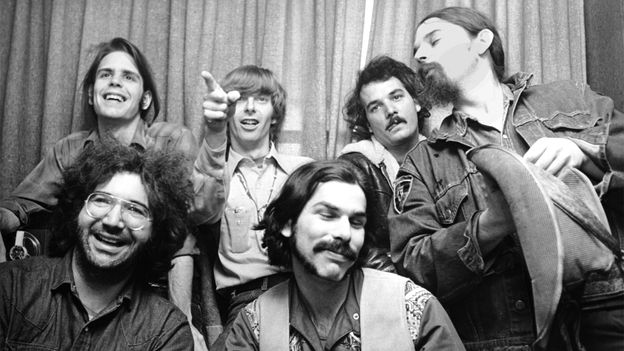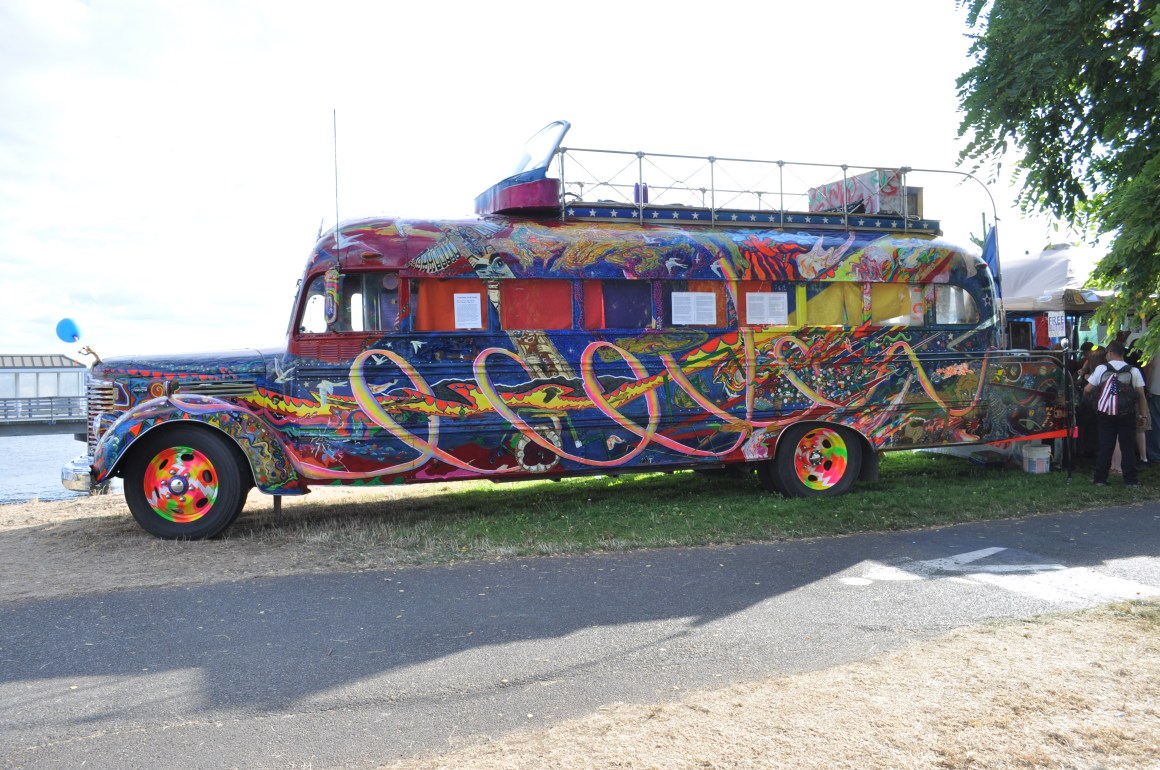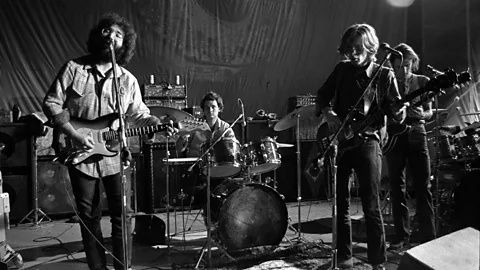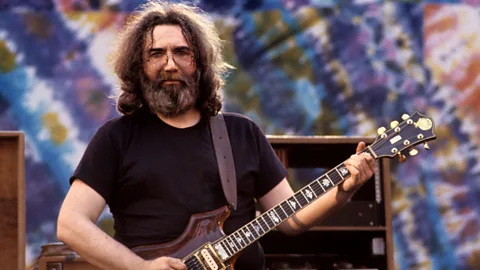Introduction
Before the world knew the internet as it is today, a psychedelic rock band from San Francisco—The Grateful Dead internet—helped spark the first seeds of online community building. Long before Facebook or Twitter, Deadheads were pioneering digital connection, laying groundwork for the virtual spaces that define our modern online lives.
The Grateful Dead’s Cultural and Technological Influence

The Grateful Dead weren’t just musicians. They were a movement. Emerging from San Francisco’s vibrant 1960s counterculture, they blended rock, folk, and psychedelia with an openness to new ideas—including technological experimentation. Their devoted fans, known as Deadheads, often included engineers, technologists, and early adopters who would come to shape Silicon Valley.
Among the most significant of these contributions was the rise of virtual communities, long before “social media” existed.
The Birth of The WELL
In 1985, the first large-scale digital community platform, The WELL (Whole Earth ‘Lectronic Link), went online. It grew directly from the work of writer and futurist Stewart Brand, who previously created the influential Whole Earth Catalog—a guide to tools and ideas for the 1960s back-to-the-land movement.
Stewart Brand’s Catalog inspired Silicon Valley leaders like Steve Jobs, who famously called it “one of the bibles of my generation” in his 2005 Stanford commencement address. The WELL extended this philosophy into cyberspace, becoming a hub for intellectual discussion, activism, and community building.
Deadheads Go Digital
Grateful Dead fans quickly adopted The WELL. The platform provided a perfect home for their already strong sense of community. Deadheads like David Gans and Mary Eisenhart helped create thriving discussion spaces dedicated to everything from tour schedules and ticket swaps to deep literary analysis of the band’s lyrics.

Unlike early commercial networks such as CompuServe, The WELL prioritized user freedom and openness, with its famous mantra: “You own your own words.” As Howard Rheingold described in his 1992 book The Virtual Community, The WELL became the first demonstration of a vibrant online culture, where ideas, identities, and debates flourished freely.
John Perry Barlow and the Electronic Frontier Foundation
One of the Grateful Dead’s lyricists, John Perry Barlow, played a monumental role in shaping internet freedom. Barlow, initially skeptical of online pseudonymity, eventually embraced the new frontier of networked communication. He famously coined the term “cyberspace”—borrowed from novelist William Gibson’s Neuromancer—and described it as the new “electronic frontier.”
By 1990, concerned about government interference and growing censorship threats, Barlow founded the Electronic Frontier Foundation (EFF) to protect civil liberties online. Today, the EFF remains one of the most important organizations advocating for free expression and privacy rights in the digital world.
From Counterculture to Silicon Valley
The WELL was much more than a Grateful Dead fan forum. Its members included early computing icons like Apple co-founder Steve Wozniak, Craigslist founder Craig Newmark, and future tech journalists who would shape coverage of Silicon Valley’s rise. According to Gans, it was “an eclectic mix with a heavy countercultural flavor.”

The WELL’s philosophy—community-led governance, free exchange of ideas, and user-generated content—served as a precursor to many principles that would later define the internet. Even its challenges, like governance difficulties, foreshadowed modern debates on content moderation and online safety.
Legacy of The WELL and Deadheads’ Digital Impact
Though it never reached the scale of platforms like Facebook or Twitter, The WELL’s impact remains profound. According to BBC Future, it represents “a moment in history when personal computer revolutionaries were the counterculture.”
Deadheads’ enthusiastic embrace of digital tools made The WELL financially viable, while their communal ethos served as a powerful case study in how virtual spaces could foster deep, meaningful connection. Their early experiments with cyberspace became the blueprint for future online communities that dominate our digital landscape today.
Conclusion: A Psychedelic Legacy That Shaped the Internet

As online communities continue evolving in an era of massive social media platforms and algorithm-driven content, The WELL remains a unique example of grassroots, human-centered digital interaction. The Grateful Dead and their fans played a surprising but pivotal role in making cyberspace what it is today—a global platform for conversation, creativity, and connection.
Related: Tech pioneers shaped by 1960s counterculture
Stay informed on tech history at The Morning News Informer.









